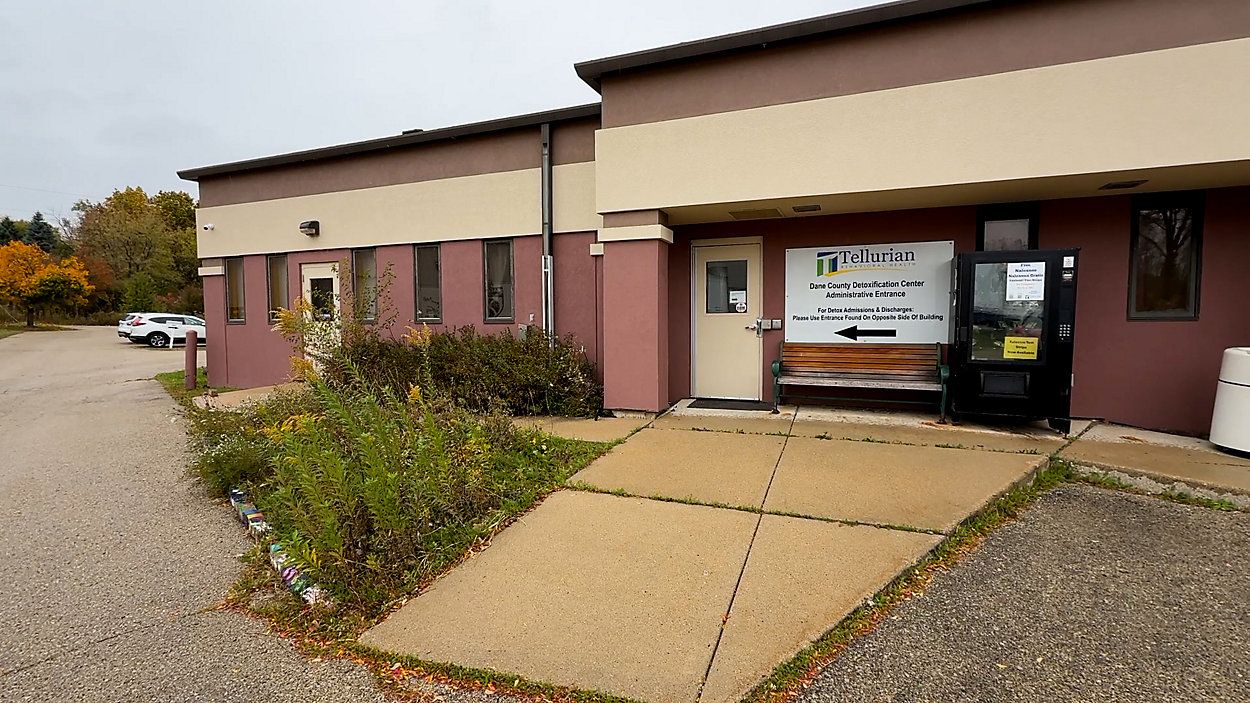
.jpg)
What is Medetomidine?
Medetomidine is a veterinary sedative that has recently resurfaced in the drug market. It is often mixed with fentanyl, sometimes xylazine, and other drugs, to enhance the overall effects. Medetomidine is more potent than xylazine and has a longer duration, leading to increased overdose risk. Overdose cases linked to medetomidine have been significant in areas of the Midwest, most notably in Chicago and Milwaukee so far. Therefore, it is important to be aware of the presence and dangers associated with this drug.
Dangers of Medetomidine
Symptoms of medetomidine include dangerously low heart rates and prolonged sedation due to severe central nervous system depression. Unlike opioids, medetomidine does not respond to naloxone (Narcan), which complicates emergency treatment, especially in cases of overdose. Also, because this drug is often mixed with fentanyl and other drugs, these effects can be amplified. Unfortunately, there are no current reliable testing strips available to detect medetomidine in illicit drugs, which leaves users unaware of its presence.
What Can We Do to Stop It?
Health officials and organizations are urging the public to take precautions. One of these is carrying Narcan. Although Narcan doesn't reverse all effects, it can still counteract opioid overdoses, which are commonly associated with the drug combinations that typically include medetomidine. Additionally, the best thing you can do if you or someone else experiences symptoms like slow heart rate, low blood pressure, or prolonged sedation after drug use is to seek emergency care immediately.
Conclusion
Since Narcan is not able to reverse the alarming effects of medetomidine, it is important to educate yourself and others about the dangers. Additionally, when it comes to fighting addiction, it is helpful to have access to recovery programs.
At Tellurian, our goal is to help patients every step of the way, no matter the struggle. If someone is experiencing an active overdose, call 911, administer Narcan, and give rescue breaths until first responders arrive. For further questions about medetomidine and recovery, contact us at 608-222-7311 or patientservices@tellurian.org
Don’t go it alone. Our experienced, compassionate team is proud to help people just like you through what may be the most challenging time in their lives.